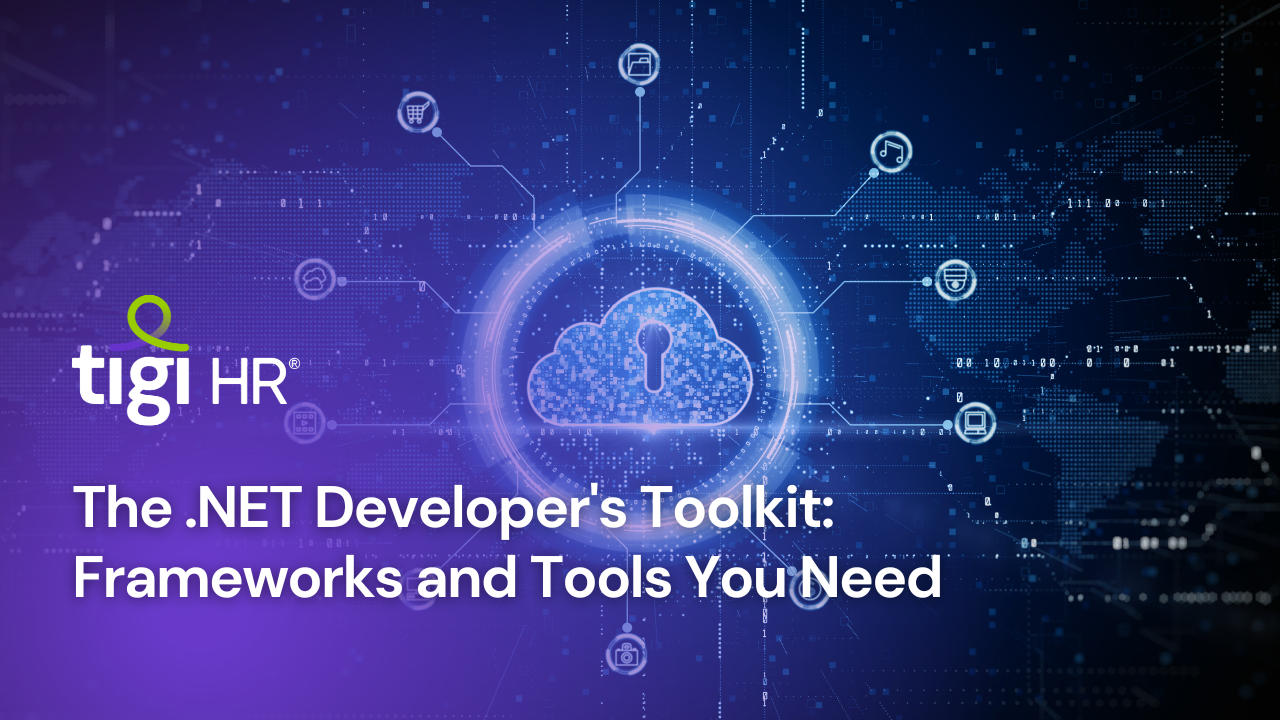In an era where data reigns supreme, the ability to harness its potential is an invaluable asset across industries. At the heart of this data-driven revolution lies Structured Query Language (SQL), a specialized programming language that empowers professionals to unlock, manipulate, and extract insights from vast datasets. In this article, we delve into the pivotal role of mastering SQL, explore its applications in diverse domains, examine the essential skills required for proficiency, and illuminate the myriad of promising career opportunities it presents.
**SQL: The Backbone of Data Management**
Structured Query Language, commonly known as SQL, serves as the linchpin in the world of data management. It provides a standardized and efficient way to interact with databases, making it an indispensable tool for data-driven decision-making. Understanding SQL’s importance is crucial:
1. **Data Retrieval**: SQL’s SELECT statement enables users to swiftly extract precise data from large datasets, a vital capability for in-depth data analysis.
2. **Data Manipulation**: SQL equips users with the power to modify data using operations like INSERT, UPDATE, and DELETE, ensuring data accuracy and relevance.
3. **Data Aggregation**: SQL offers a suite of functions (e.g., SUM, AVG, COUNT) that simplify data aggregation, a cornerstone of statistical analysis and reporting.
4. **Data Integration**: In an age of data proliferation, SQL’s ability to JOIN tables from various sources facilitates seamless data integration, essential for holistic analysis.
5. **Data Transformation**: SQL enables data transformation through operations like CASE statements, allowing users to clean and format data for analytical purposes.
6. **Data Security**: SQL plays a pivotal role in enforcing data security and access control, safeguarding sensitive information.
**SQL Across Diverse Domains**
The versatility of SQL extends its influence across industries and plays a critical role in a wide range of data-driven professions:
1. **Business Analytics**: Business analysts rely on SQL to extract and analyze data, guiding organizations in making data-backed decisions regarding market trends, customer behavior, and financial performance.
2. **Data Science**: Data scientists employ SQL to access and preprocess data for machine learning and predictive modeling, often marking the initial step in the data science journey.
3. **Database Administration**: Database administrators (DBAs) manage and maintain databases using SQL, ensuring data integrity, optimizing performance, and implementing security measures.
4. **Healthcare**: In the healthcare sector, SQL manages electronic health records (EHRs), tracks patient data, and assists in medical research and decision support systems.
5. **Finance**: Financial analysts leverage SQL to execute complex queries on financial data, detect fraudulent activities, and assess risk factors.
6. **Marketing**: Marketers harness SQL to analyze customer data, track campaign performance, and segment audiences for precision-targeted marketing efforts.
7. **E-commerce**: E-commerce platforms rely on SQL to handle vast transactional data, manage inventory, and optimize user experiences.
8. **Gaming**: The gaming industry relies on SQL for player data analytics, game performance monitoring, and managing in-game economies.
**Skills Required to Master SQL**
To ascend to proficiency in SQL, one must acquire a specific skill set and knowledge base. Here are the pivotal skills for mastering SQL:
1. **Basic SQL Syntax**: Understanding foundational SQL syntax, including SELECT, FROM, WHERE, GROUP BY, HAVING, ORDER BY, and various clauses, is essential.
2. **Database Design**: Grasping database design principles, including normalization, is crucial for creating efficient, well-structured databases.
3. **Query Optimization**: The ability to craft efficient SQL queries that minimize execution time and resource consumption is paramount.
4. **Data Modeling**: Familiarity with data modeling concepts, such as Entity-Relationship Diagrams (ERDs), facilitates effective database design.
5. **Indexing**: Knowledge of indexing techniques enhances query performance, particularly with large datasets.
6. **SQL Joins**: Proficiency in various types of SQL joins (INNER, LEFT, RIGHT, FULL) is crucial for combining data from multiple tables.
7. **Aggregate Functions**: Mastery of aggregate functions (e.g., COUNT, SUM, AVG) is essential for performing calculations on data.
8. **Subqueries**: Understanding subqueries and their role in complex query scenarios is fundamental.
9. **Data Manipulation**: Exploring data manipulation operations like INSERT, UPDATE, DELETE, and their implications on data integrity is vital.
10. **Security**: Awareness of SQL injection vulnerabilities and the ability to write secure SQL queries to prevent data breaches are critical.
**Conclusion**
In a world where data shapes destinies, mastering SQL is not a mere skill; it is a strategic asset. SQL empowers professionals across diverse domains to extract insights, make informed decisions, and drive progress. As SQL continues to reign supreme in data-driven roles, those who embark on the journey of mastery find themselves at the forefront of a career landscape brimming with opportunity. Whether aspiring to be a data analyst, a database administrator, or a data scientist, SQL proficiency illuminates the path to success in the data-driven age, where data is the currency of progress and SQL is the key to its treasury.











